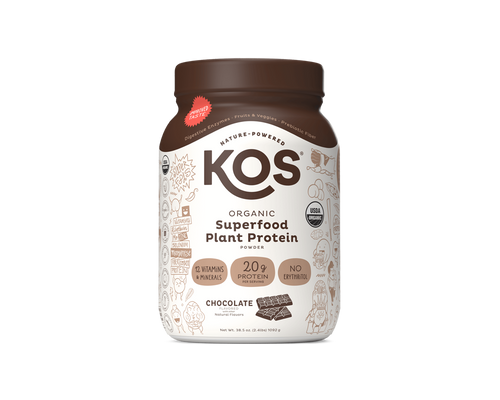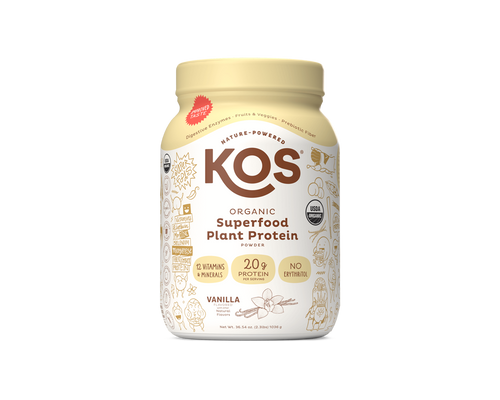Table of Contents
Facts About Protein
Protein. This is one of those words that is both numbingly familiar and completely incomprehensible. We see the word "protein" everywhere. It's a marketing term these days. What are they marketing? You name it. Everything from gigantic musculature to a peanut brittle nutrient bar. "Yeah! Protein! Let's do this!"
But what on Earth is this "protein" stuff?
Protein is a big deal and plays a central role in us being ... what the word? Alive. Protein is essential for the body, essential for swelling one's musculature, and essential for cellular metabolism.
Not only does protein play a vital role in the growth and repair of bodily tissues, it also helps with weight management and satiety. But what exactly is protein? How much protein do we need to eat every day? And are there any protein myths we should be aware of? These are things you are desperate to know. Like, RIGHT NOW. Let's go.

Protein. What is it?
A protein is a macromolecule -- a huge molecule composed of thousands of connected atoms. A protein is also a nutrient essential for the body's healthy functioning. You want more info than that very, very general "healthy functioning" statement, probably. Okay, here goes.
Protein is essential to building muscle mass, and is found in both animals and plants. Chemically, protein is composed of amino acids—organic compounds made of carbon, hydrogen, nitrogen, and oxygen. Just as amino acids are the building blocks of proteins, proteins are the building blocks of muscle mass.
The protein's amino acids are linked together in weirdly specific sequences to make up proteins. The amino acid 'letters' may be arranged in millions of different ways to form 'words' that comprise the complete protein 'language' that defines the nature of the protein.
Plants and animals (living things, in other words) use twenty different amino acid building blocks to produce their proteins. Each protein is unique in terms of the specific number and sequence of amino acids, as well as the overall size.
Depending on the number and sequence of amino acids, the resulting protein will fold into a specific shape. The shape of the protein (these are real world, 3-dimensional objects, remember) is very important, as it will determine the protein’s function.
Proteins do primal, important work in the body. They help to build and repair tissue, regulate body temperature, and provide energy to power our cells—and thus ourselves. They act as enzymes, hormones, and antibodies. They also help build and repair tissue, transport oxygen and nutrients, and regulate body processes.
Proteins are essential for life -- and they're complicated, to say the very least. But like most things in this life, they can be described in terms of their stranger and more interesting characteristics. Here are a few oddities about protein for your perusal.

Fun Facts about protein
The human body (that means you; and me, I guess) contains around 100,000 different proteins made by the various combinations of just 20 amino acids. Such is the power of combinatorial math. Approximately 18-20% of the body weight is due to proteins.
The lifespan of your average protein is about two days. So we can assume they are always in a hurry.
Plant proteins have varying amounts of the nine essential amino acids -- those amino acids the body can't produce and which have to be taken in through diet. But these plant-based amino acids can be taken in as a complete protein through simple plant-combining.
Pikachurian is a protein named after the Pokémon creature Pikachu. There is a protein called Sonic hedgehog protein (SHH) named after ... Sonic the Hedgehog. You needn't pretend, reader, that you don't know who Sonic the Hedgehog is. And we are not making this up.
Plant-based proteins may be healthier than animal based protein as they contain less fat, no cholesterol, and plenty of dietary fiber. Remember how we mentioned satiety at the top of this article? It's all about the fiber.
Gram for gram, spirulina may be the single most nutritious food on the planet.
Insects are crazy protein transporters. Bugs have more protein by weight than cattle. The highest quality sirloin has about 30 grams of protein and 21 grams of fat per 100 grams. An entire 100-gram grasshopper, on the other hand, has 20 grams of protein and just 6 grams of fat. Insects, though, are famously difficult to herd.
The amount of protein in a bean increases as it grows older.
The only substance in the body more plentiful than protein is water.
As we age, hydrochloric acid in the stomach reduces to about half its regular level, making digestion less efficient. Protein's critical role in cell regeneration has some researchers pursuing the idea that "aging" itself may be due in large part to this drop in digestive efficiency.
One 4-ounce serving of Spanish goose barnacles gives you about 16 ounces of protein. But you probably knew that.
Myths about protein
Because protein is so often talked about around the water cooler, many myths have sprung up about this sometimes misunderstood and fairly defenseless macromolecule. Here are few of those myths.
Protein is only important for muscle building -- Wrong. You may never lift a barbell in your life, and you'll still need protein for your bones, joints, ligaments, tendons, antibodies, hair, and Cholesterol (HDL and LDL).
Too much protein damages your kidneys -- Wrong. This is only correct if you have a chronic kidney or liver problem that has already damaged your kidneys. Excess protein byproducts like nitrogen are efficiently filtered and eliminated by healthy kidneys.
You Can’t Get Enough Complete Protein from Plant-Based Diets -- Wrong. You can get the quality amino acids you need by eating a complementary variety of plant-based proteins throughout the day. Beans or rice, for example, aren't sufficient proteins on their own, but when combined they form a perfect protein duo. Plants are thus a complete protein.
Older Adults Don’t Need as Much Protein -- Wrong. Protein is required more by older people than by younger people. Because muscle loss is a normal occurrence with aging and starts at the age of 40, adequate protein intake to develop and preserve muscle is even more important.
Protein is central to life in both plants and animals. What your body can't produce itself, we need to ingest through diet. Do your homework and get your protein. And do remember that a diet based on plants is the one that will best preserve your health, and that of our planet

FAQs
What are 5 facts about protein?
Protein is an essential nutrient for human health. Here are a few facts about protein you should know:
- Protein is essential for the growth and repair of body tissues, including muscle, bones, skin, hair and nails. It’s also involved in the production of hormones, enzymes and other proteins important for healthy functioning.
- Protein can be found in both animal and plant sources, such as dairy products, eggs, fish, meat, pulses, nuts and seeds.
- Protein helps build muscle, bones and other body tissues. Additionally, it helps to regulate body processes such as metabolism and digestion.
- Consuming too much protein does not put a strain on the kidneys. They are efficient protein filters.
- The recommended daily intake of protein is 0.8 grams per kilogram of body weight for adults – that’s around 56 grams for an average adult female and 70 grams for an average adult male.
What are 5 benefits of protein?
- Builds and Repairs Muscle Tissue: Protein helps your body build muscle tissue and repair any damage done during exercise or daily activities.
- Reduces Hunger and Cravings: Protein can help reduce hunger and cravings, making it easier to stick to your diet and reach your weight loss goals.
- Maintains Healthy Bones, Skin, and Hair: A high-protein diet is essential for keeping your bones, skin, and hair healthy and strong. It helps collagen production, which promotes healthier nails, skin, and hair.
- Cell Growth and Development: Protein is essential for cell growth and development because it contains amino acids that help with protein synthesis in the body.
- Supports a Strong Immune System: Finally, protein supports a strong immune system by helping the body produce antibodies that help fight off infections or illnesses.
What is unique about proteins?
Proteins are unique molecules that play essential roles in almost all biological processes. Proteins are the most abundant macromolecules in cells and they consist of amino acids linked together in specific sequences to form unique three-dimensional structures.






